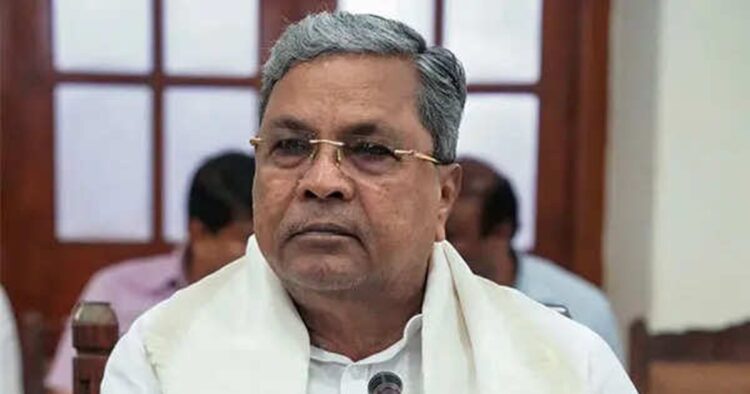On Tuesday, the Karnataka High Court dismissed the Chief Minister Siddaramaiah’s plea against the Governor’s sanction to prosecute him in the Mysore Urban Development Authority (MUDA) scam. A single judge bench of Justice M Nagaprasanna considered that the complainants were justified in registering the complaint and seeking approval from the Governor.
‘It is the duty of complainant to seek approval under Section 17A of Prevention of Corruption Act and the Governor can take independent decision’, said the bench. Justice Nagaprasanna said, ‘The facts narrated in the petition need investigation. The petition stands dismissed’. The high court passed the order in the CM’s plea seeking taking of an order issued by Governor Thaawar Chand Gehlot granting sanction to prosecute the former in the alleged multi-crore scam relating to MUDA. However, on August 19, the high court directed the trial court to defer all proceedings against Siddaramaiah, based on the governor’s sanction’.
Earlier, the CM had argued that the Governor’s sanction order to prosecute him was deprived of any reasons on why he was prima facie guilty. Among many arguments made, senior advocate Abhishek Manu Singhvi appearing for the CM had argued it was significant to keep in mind the ‘umbrella of statutory protections provided especially to an elected public servant paving way for an inquiry/investigation which has very serious implications of diluting or unseating a mandate contrary to the elections’.
Earlier, the senior counsel had said that the same has to be interpreted in that contextual manner. ‘That it is not just a walk in walk out system. There has to be a proper protective umbrella which is given a full letter and spirit implementation’, said Singhvi. Singhvi had further submitted that it would be a mistake to suppose that the moment a minister or a chief minister is involved, the jurisprudence of the Governor having extremely limited powers to act in his discretion is automatically overridden.
The senior counsel said on the application of the Prevention of Corruption (PC) Act, ‘The offence took place sometime in 2005 and in 2010, Section 17A cannot be applied retrospectively. He further submitted that Governor was now saying that he does not wish to file reply and that he had said that there were specific dates of complaints pending.
For context, Section 17A and Section 19 being referred to are under the Prevention of Corruption Act. Section 17A pertains to Enquiry/Inquiry/investigation of offences relatable to recommendations made or decision taken by public servant in discharge of official functions or duties. The petition challenged the order issued by the Governor on August 17 granting approval for investigation as per Section 17A of the Prevention of Corruption Act and sanction for prosecution as per Section 218 of the Bharatiya Nagarik Suraksha Sanhita (BNSS). Section 17A pertains to Enquiry/Inquiry/investigation of offences relatable to recommendations made or decisions taken by public servants in the discharge of official functions or duties.
The CM’s plea claimed that the sanction order was issued without due application of mind, in violation of statutory mandates, and contrary to constitutional principles, including the advice of the Council of Ministers, which is binding under Article 163 of the Constitution of India.
It was claimed that the order of sanction is tainted with mala fides and is part of a effort to destabilize the duly elected government of Karnataka for political reasons.

















Comments